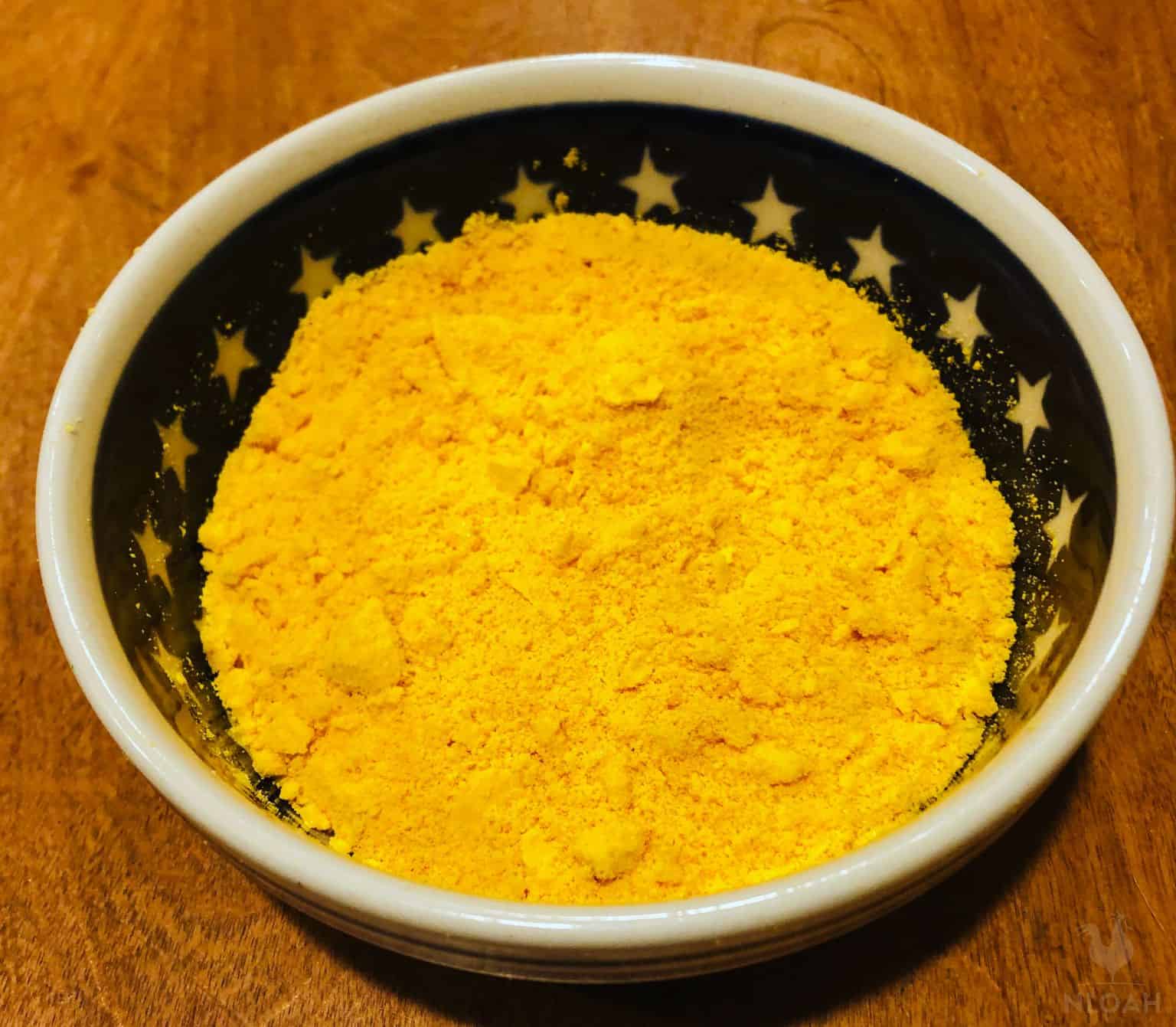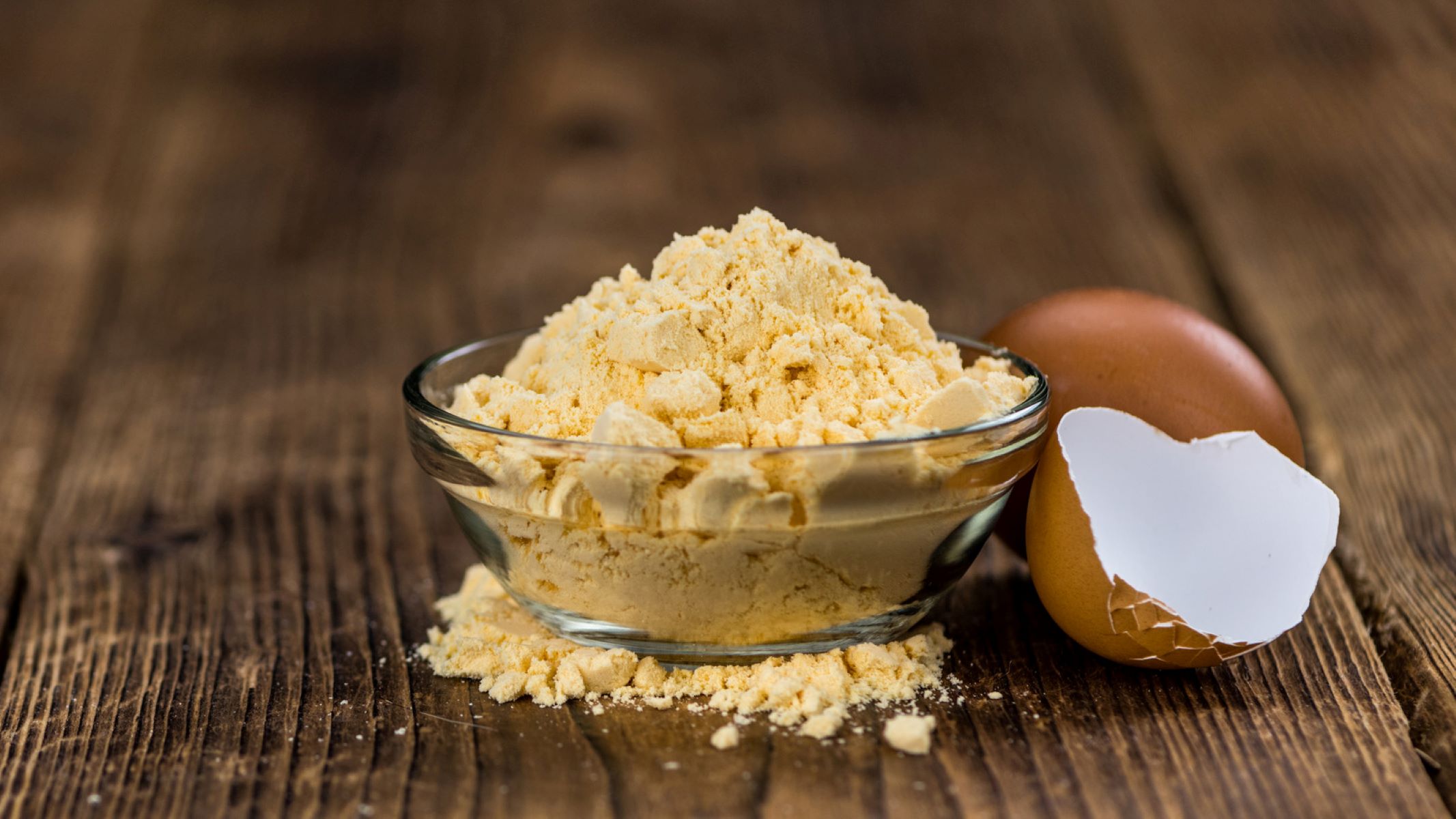Powdered Eggs - Your Pantry's Secret Weapon
When you hear "powdered eggs," you might think of something from a long time ago, but these handy little food items, sometimes called dried eggs or egg powder, are simply fresh eggs that have gone through a special process to become a fine, pourable substance for all sorts of cooking and making food, so it's almost like having a carton of eggs that never goes bad.
You see, these useful pantry staples get their powdery look by taking liquid eggs, the kind you might crack for breakfast, and then putting them through a method that removes all the water, which basically means they start with breaking and mixing those eggs, and then they dry them out, so you end up with something that keeps for a very long time. This transformation makes them a surprisingly versatile ingredient for your kitchen, allowing you to use them in many ways you might not expect.
From figuring out exactly what goes into making them, to finding out how you can whip them into all sorts of meals, to even understanding how to pick the right kind for your needs, there's quite a bit to discover about powdered eggs. We'll look at how they're made, how they can sit on your shelf for years, and how they can be a big help whether you're just baking a cake, going on an outdoor trip, or getting ready for any unexpected situation, basically.
- %D0%BA%D0%BE%D0%B8 %D1%88%D0%B0%D1%80%D0%B0%D0%BD
- How Do I
- Realtor Irina Alexander
- Pull Up Bar
- Alaska House Votes To Urge Trump To Keep Denali Name
Table of Contents
- What Are Powdered Eggs, Really?
- How Are Powdered Eggs Actually Made?
- Why Consider Powdered Eggs for Your Kitchen?
- Keeping Your Powdered Eggs Fresh
- Are There Different Kinds of Powdered Eggs?
- Picking the Best Powdered Eggs for You
- Can You Make Powdered Eggs at Home?
- A Look at Powdered Egg Brands and What Matters
What Are Powdered Eggs, Really?
So, what exactly are powdered eggs? Well, they are, in a very straightforward sense, just eggs that have been dried out. Think of it like taking fresh eggs, the ones you might buy in a carton, and then transforming them into a fine, light powder. This powder is also commonly called dried eggs or egg powder, you know, just to be clear about what we are talking about here. It's a way to keep eggs around for a very long time without them going bad in the fridge, which is pretty neat, if you ask me.
The whole idea behind making powdered eggs is to create a form of egg that can be used for many different cooking tasks and for making various food items. It’s a way to have the goodness of eggs ready whenever you need them, without worrying about their usual short lifespan. This makes them quite useful for people who might not use fresh eggs very often, or for those who need a supply that lasts for a good while, basically. You can use them in baking, or in dishes where you need the egg's binding or thickening qualities, to be honest.
This process of making powdered eggs means that the liquid part of the egg is completely taken away, leaving behind only the solid bits in a very fine form. It's a rather simple concept, but it makes a big difference in how long eggs can be kept. Instead of a fragile shell and a runny inside, you get a product that is easy to store and transport, which is pretty handy for all sorts of situations, like camping trips or just having a back-up in your kitchen cupboard, you know.
In essence, powdered eggs are a clever way to preserve eggs, making them a pantry item that is ready for whenever you might need a bit of egg for your cooking. They are, in some respects, a very practical solution for keeping eggs on hand, especially when fresh ones are not easy to get or when you just want to extend their life. It’s a different form of the same food, ready to be brought back to life with a little water, apparently.
How Are Powdered Eggs Actually Made?
You might be curious about how these powdered eggs come to be. The process for making powdered eggs usually starts with fresh, liquid eggs. Picture this: the eggs are cracked open, and then the liquid inside is mixed up, kind of like you would do if you were scrambling them, but on a much bigger scale. This initial step of breaking and mixing the eggs gets them ready for the next big part of the process, which is all about getting rid of the water, basically.
After the eggs are broken and mixed into a liquid form, the main step in creating powdered eggs is something called dehydrating. This means taking all the water out of the liquid eggs. There are a few different ways this can be done, but the goal is always the same: to remove the moisture so that what's left is a dry, powdery substance. It's a very careful process, as you want to keep all the good parts of the egg while getting rid of just the water, you know.
So, the liquid egg is put through a system that removes the water, turning it into that fine powdered egg form. This method ensures that the eggs can be stored for a very long time without needing to be kept cold, which is a big plus. It's a way of making eggs shelf-stable, meaning they can sit in your cupboard for ages and still be good to use. This kind of food making is pretty clever, allowing us to have eggs ready for when we need them most, to be honest.
The process of making powdered eggs is designed to be efficient and to keep the quality of the egg. It's not just about drying them out; it's about doing it in a way that the powdered egg product can be easily mixed back with water later to act just like a fresh egg. This is why you can use them in so many different recipes and dishes, because they are made to be very useful once rehydrated, which is pretty neat, if you think about it.
Why Consider Powdered Eggs for Your Kitchen?
There are some really good reasons to think about having powdered eggs in your kitchen cupboard. One big reason is that they offer a simple way to preserve fresh eggs. By turning fresh eggs into a powder, they can last for years, which is a huge benefit compared to fresh eggs that go bad pretty quickly. This means you can always have eggs on hand, even if you haven't been to the shop in a while, basically.
Powdered eggs are also very useful for a wide range of cooking needs and for making different dishes. Whether you're baking a cake, making some scrambled eggs for breakfast, or using them as a binding agent in a recipe, they can do the job. They are quite versatile, and you can learn the truth about how easily they fit into your regular cooking routines. They really do offer a lot of flexibility in the kitchen, you know.
For folks interested in things like homesteading or just getting ready for unexpected times, powdered eggs are a very smart choice. Their ability to last for years makes them a great item to have in your pantry for emergency situations or when you might not have access to fresh food. It's about having a reliable food source that doesn't need refrigeration, which is pretty important when you are planning ahead, so it's almost like a little bit of food security in a container.
You can use powdered eggs in so many ways. They are not just for emergency meals; they can be a regular part of your cooking. Think about using them when you are going camping, where fresh eggs might be a bother to carry and keep safe. Or perhaps for baking, where you just need the egg part without the fuss of cracking shells. They offer a practical solution for many different cooking scenarios, and that's a big part of their appeal, to be honest.
Keeping Your Powdered Eggs Fresh
A really great thing about powdered eggs is how long they can stay good. The way they are made, by taking out all the water, means they can last for years and years, especially when you store them properly. This is a huge advantage for keeping your powdered eggs fresh over a long period, much longer than regular eggs you buy at the store, you know. It means you can buy them and not worry about them spoiling quickly.
When you are thinking about how to store powdered eggs, especially for emergencies, the key is to keep them in a cool, dry place. Because they are already dried, moisture is their biggest enemy. If moisture gets in, it can make them clump up or even go bad. So, a tightly sealed container is a good idea, which basically keeps them protected from the air and any dampness, so they stay in good condition for when you need them.
Their long shelf life is one of the main benefits of powdered eggs. You can stock up on them without having to use them right away, which is very helpful for those who like to have a well-stocked pantry. This ability to last for years makes them a very dependable food item to have on hand, whether for daily use or for those unexpected moments when fresh food might not be available, to be honest.
Knowing how to store powdered eggs means you can count on them being ready whenever you need them, even if it's years down the road. They are a simple, yet effective, way to make sure you always have eggs available, which is pretty comforting. This long-lasting quality is what makes powdered eggs such a practical addition to any kitchen or emergency supply kit, you know, just in case.
Are There Different Kinds of Powdered Eggs?
When you start looking into powdered eggs, you might wonder if there are different kinds available. The source text mentions "whole powdered eggs," which gives us a clue about one type. This means the entire egg – both the yolk and the white – has been processed into a powder. It's like having a complete egg, just in a different form, which is pretty convenient for many recipes, basically.
While the text specifically points out "whole powdered eggs," it also suggests there are "different types of powdered eggs." This could mean variations in how they are made, or perhaps different parts of the egg are powdered separately, like just egg whites or just egg yolks, though the text doesn't explicitly state these. However, we can infer that the processing method for powdered eggs would be similar across any type, focusing on dehydrating the liquid egg components. So, the main difference would likely be what part of the egg is being dried, or perhaps how fine the powder is, or what the source eggs were like, you know.
Understanding these different types of powdered eggs, even if the text only names "whole," helps you think about what might be available and what might suit your cooking needs. For instance, if you only needed egg whites for a meringue, a separate egg white powder might be useful, if such a thing exists and is implied by "different types." But for general cooking, a whole powdered egg product is

Government Powdered Eggs

15 Powdered Eggs Nutrition Facts - Facts.net

How to Make Powdered Eggs Step by Step